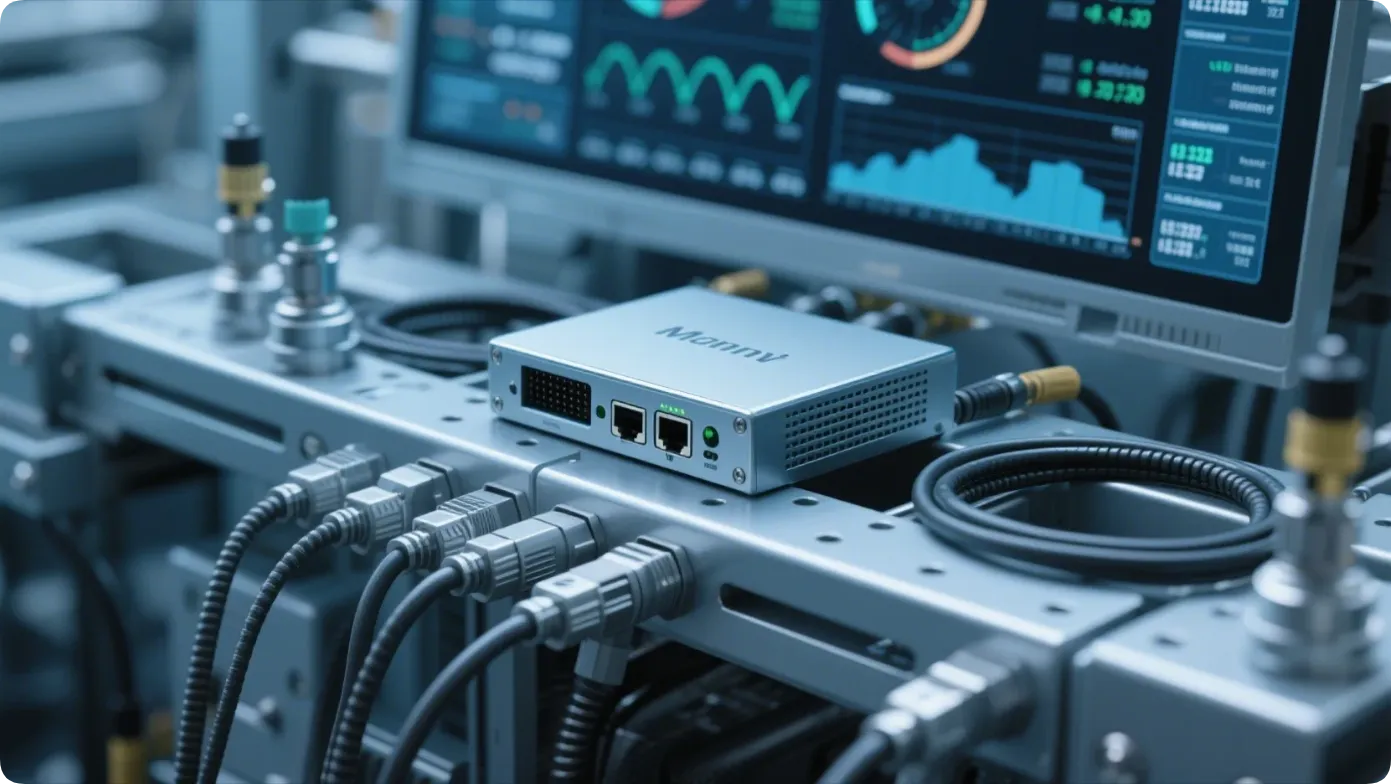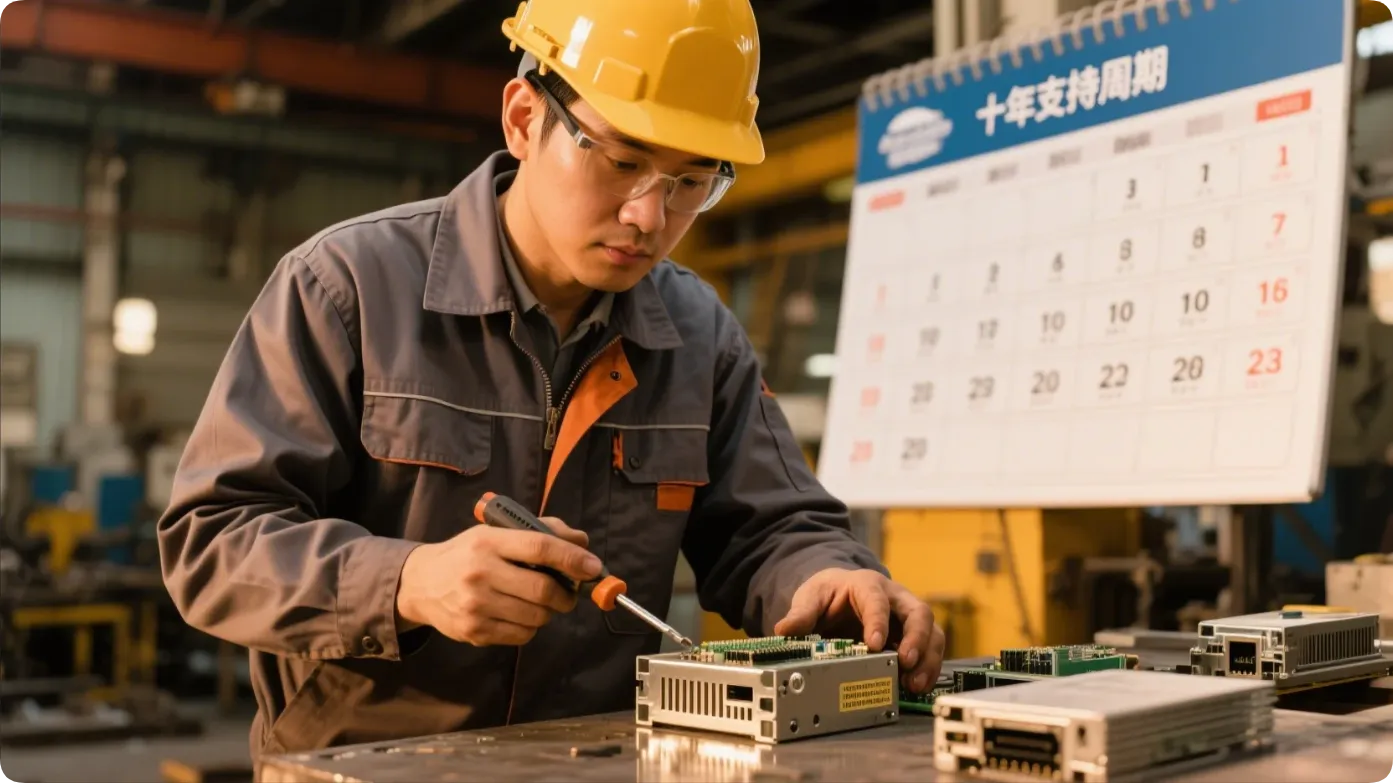The rapid evolution of Industry 4.0 and the rise of smart factories have redefined manufacturing efficiency, automation, and adaptability. At the heart of this transformation lies a critical yet often underestimated component: industrial-grade mini PCs. These compact, robust computing systems are no longer just supplementary tools—they are the backbone of modern smart factories. Here’s why.
Industrial mini PCs excel in edge computing, enabling factories to process data locally rather than relying solely on centralized cloud systems. For instance, iEi’s iVEC Virtualized Edge Computer, equipped with 13th Gen Intel® Core™ hybrid architecture CPUs, supports multi-system operations and AI-driven quality inspections directly on the factory floor. Similarly, AMD’s embedded Ryzen processors, adopted by partners like ASRock Industrial and Simply NUC, deliver high-performance CPU/GPU capabilities for real-time analytics and 4K visualization in harsh environments.
By reducing latency and ensuring uninterrupted operations—even in extreme temperatures (-40°C to 70°C)—these devices optimize tasks like predictive maintenance and cross-factory management.

Smart factories demand hardware that withstands dust, moisture, vibrations, and temperature fluctuations. Companies like Darveen Technology showcased ruggedized solutions at Embedded World 2025, including IP66-rated stainless-steel industrial tablets and fanless mini PCs designed for pharmaceutical and food production lines. Meanwhile, Thundercomm’s AI mini PCs feature dual cooling designs (fan/fanless) and extended lifecycle support until 2036, minimizing downtime and maintenance costs.
These devices are not just tough—they’re modular. For example, OnLogic’s ML100G-40 mini PCs integrate AMD processors with customizable I/O modules, enabling seamless upgrades as factory needs evolve.
AI is revolutionizing quality control and process optimization. At CES 2025, Thundercomm unveiled AI Mini PC G1 Elite with 45 TOPS of compute power, capable of running generative AI models with over 13 billion parameters locally. Such power allows factories to deploy machine vision systems for defect detection or edge inference without relying on external servers.
Labplas, a Canadian manufacturer, leveraged PC-based control systems and AI tools to automate defect detection in sterile sampling bags, boosting productivity by 25%. This aligns with trends seen in Intel-powered AI edge computers from DSIPC, which support machine vision and medical imaging applications.

Industrial mini PCs contribute to greener manufacturing. iEi’s electronic paper displays, for example, use ultra-low-power e-ink technology with AAA battery life spanning years, eliminating paper waste in warehouse labeling. AMD’s embedded Ryzen processors also prioritize energy efficiency, offering scalable TDP (6W–54W) to balance performance and power consumption.

Unlike consumer-grade hardware, industrial mini PCs are built for longevity. AMD guarantees 10-year product availability for its embedded processors, ensuring stable supply chains. Similarly, Thundercomm’s 12-year support window for IoT-focused mini PCs reduces the need for costly system migrations. This reliability is critical for industries like semiconductor manufacturing, where companies like UMC’s Fab 12A rely on IIoT and AI to achieve 97% yield rates.
Industrial-grade mini PCs are far more than compact computers—they are the silent enablers of smarter, faster, and more sustainable manufacturing. By combining edge computing, AI readiness, and rugged durability, these devices empower factories to navigate the complexities of 2025’s industrial landscape. As companies like Darveen, DSIPC, and Thundercomm continue to innovate, the backbone of smart factories will only grow stronger.

Click to confirm
Cancel